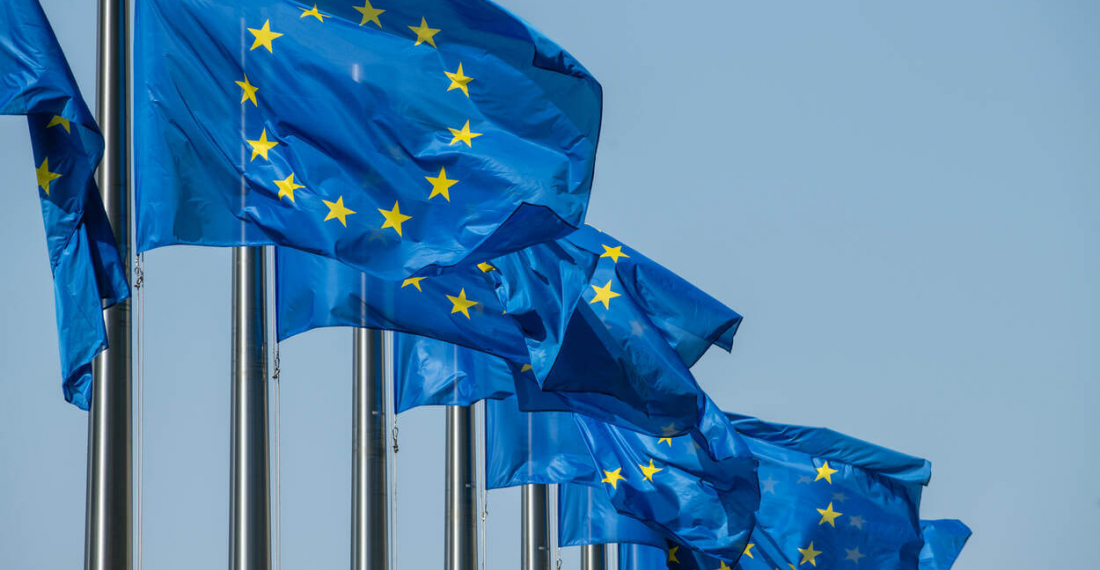As the conflict in the Middle East rages on, an increasingly concerned international community is stepping up its engagement with the issue in order to bring about a halt in the violence and move towards a lasting negotiated solution. The US has been very active, sending a special envoy to the region. President Biden has spoken to both the Israeli prime minister and to the Palestinian president.
On its part, the European Union has also over the last week been using all its diplomatic leverage to defuse the crisis. On Saturday evening (15 May), the European External Action Service released a statement summarising the efforts of the last days, and the position of the EU.
Below is the statement in full:
"The European Union is actively engaged in diplomatic efforts to contribute to defusing the ongoing violence in Israel and the Occupied Palestinian Territory. Over the past days, High Representative for foreign Affairs and Security Policy / Vice President of the European Commission, Josep Borrell has been continuing his outreach to support efforts to de-escalate the extremely worrying situation in the region, especially in and around Gaza. In all his contacts, High Representative Borrell condemned Hamas’ and other groups’ indiscriminate firing of rockets against civilian targets in Israel. The High Representative stressed that while Israel has the right to protect its population from these kind of attacks, it must act proportionately and avoid civilian casualties.
In reaching out to his interlocutors, HRVP Borrell has consistently underlined the need to immediately end the grave escalation of violence, prevent its further spillover and ensure that civilians on all sides are protected. He has also called for full respect for international humanitarian law and for full humanitarian access to be granted to those most in need in Gaza.
Root causes that have led to this situation must be addressed. The status quo of the holy sites needs to be respected and any acts of incitement around them avoided, as the HRVP underlined during his contacts. He also recalled the EU’s long-standing position on the need to cease settlement activities, demolitions and evictions, including in East Jerusalem.
He held discussions earlier this week with Palestinian President Mahmoud Abbas and Israeli Foreign Minister Gabi Ashkenazi. HRVP Borrell also exchanged views with key regional players, including Foreign Minister of Egypt Sameh Shoukry, Foreign Minister of Jordan Ayman Safadi and Foreign Minister of Turkey Mevlüt Çavuşoğlu. At the same time, the HRVP remains in close contact with Foreign Ministers of EU Member States in order to coordinate and discuss how the EU can best contribute to ending the current violence.
The HRVP has instructed the EU Special Representative for the Middle East Peace Process, Sven Koopmans, to work actively with other envoys from the Middle East Quartet to address the crisis. On the ground, the EU Delegation in Tel Aviv and the EU Representation in Jerusalem are also engaging with the Israeli and Palestinian authorities and with Member States representatives.
The EU’s priority and message in this context remains clear: violence must end now. There is an urgent need to address the root causes of the conflict and to find a political pathway, which allows for a return to meaningful negotiations towards a two-state solution based on the internationally agreed parameters. Both Israelis and Palestinians alike have the right to live in safety and security, freedom and democracy. These constant cycles of violence must be brought to an end."







